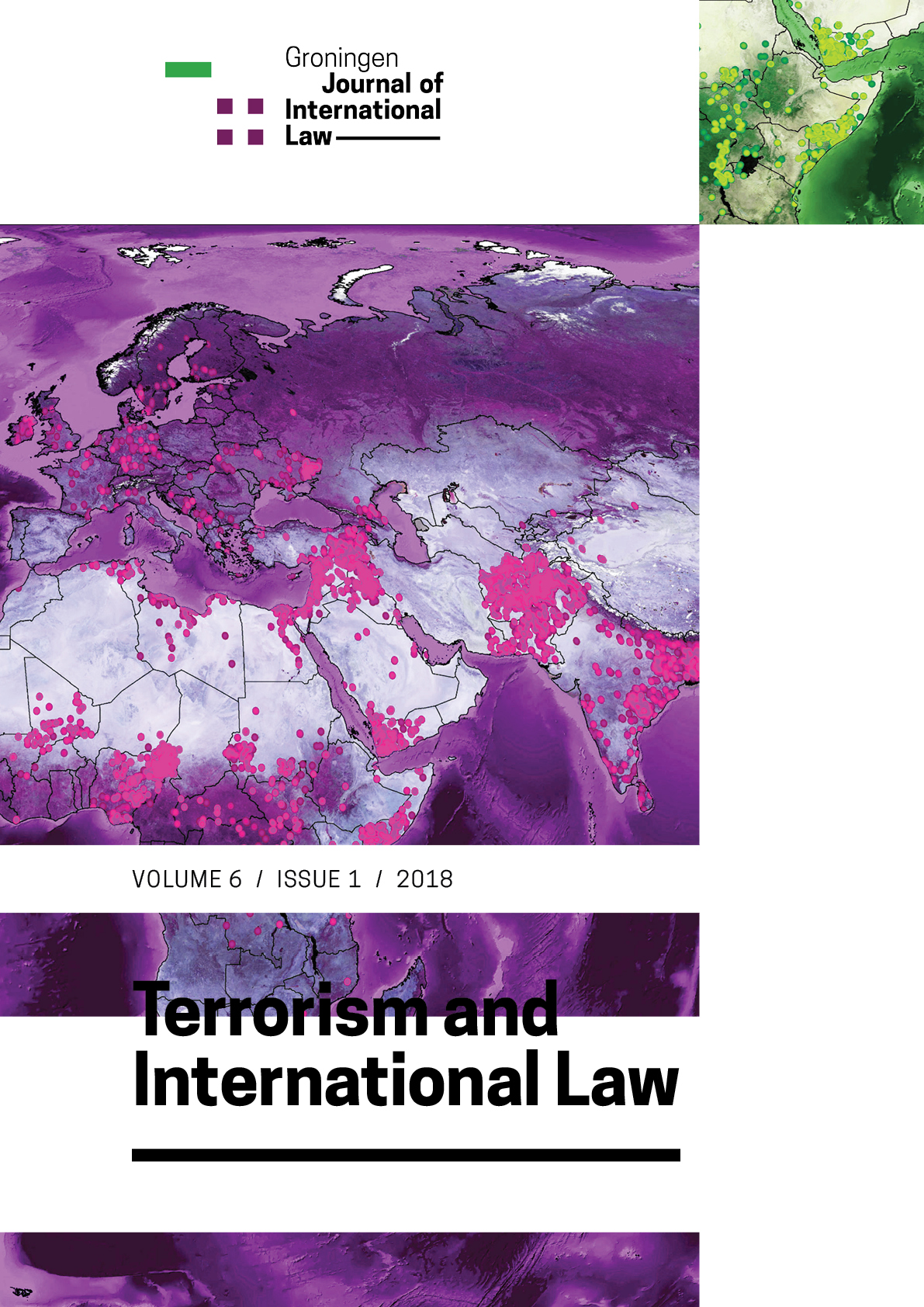The Evolution of UN Anti-Terrorist Conventions towards the Universal Treaty-Based Model of Combating Terrorism
DOI:
https://doi.org/10.21827/5b51d53791adfKeywords:
INTERNATIONAL TERRORISM, UNITED NATIONS, ANTI-TERRORIST CONVENTIONS, LEGAL COUNTER-TERRORIST MEASURES, PREVENTING TERRORISM, COMBATING TERRORISMAbstract
Adopted in Montreal in 2014, the Protocol to Amend the Convention on Offences and Certain Other Acts Committed on Board Aircraft is the nineteenth international legal instrument in the acquis of the United Nations (‘UN’) and its related organisations devoted to prevention and suppression of terrorism. Considering the first of such instruments – the Tokyo Convention on Offences and Certain Other Acts Committed on Board Aircraft (‘the Tokyo Convention’) – was adopted in 1963, it may be assumed that throughout the period of 55 years the UN has succeeded in solving the specific model of combating international terrorism. Although the existing and binding international conventions on suppression of terrorism do not form a uniform group and differ in terms of material scope of offences described therein, it is still possible to indicate one significant feature common to all conventions, and that is a set of legal measures and remedies available at the international level which guarantee an effective fight against terrorism. The above-mentioned set of regulatory measures – including, inter alia, jurisdictional clauses – constitutes a consistent collection of rules to be applied in cases of the majority of terrorist activities. The aforesaid model is based on the principle of aut dedere aut judicare supplemented with a rational control of extradition and jurisdictional issues. This model is also enriched with rules concerning other forms of co-operation such as mutual legal assistance, exchange of information and preventive measures. The rationale for the above-referred measures is to ensure that perpetrators of specific international terrorist offences shall be prosecuted regardless of their place of residence or motives that triggered such action. International anti-terrorist conventions adopted under auspices of the UN help to achieve this goal, confronting the internationalisation of terrorism with internationalisation of means and methods of combating this dangerous phenomenon.
Published
Issue
Section
Open Access Creative Commons


